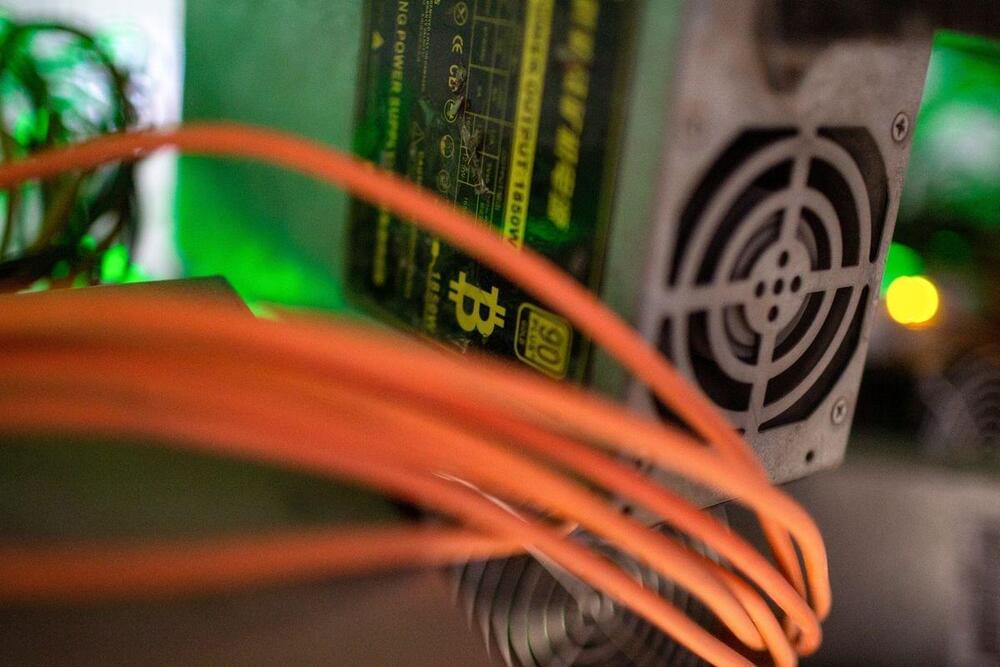
Get the latest international news and world events from around the world.

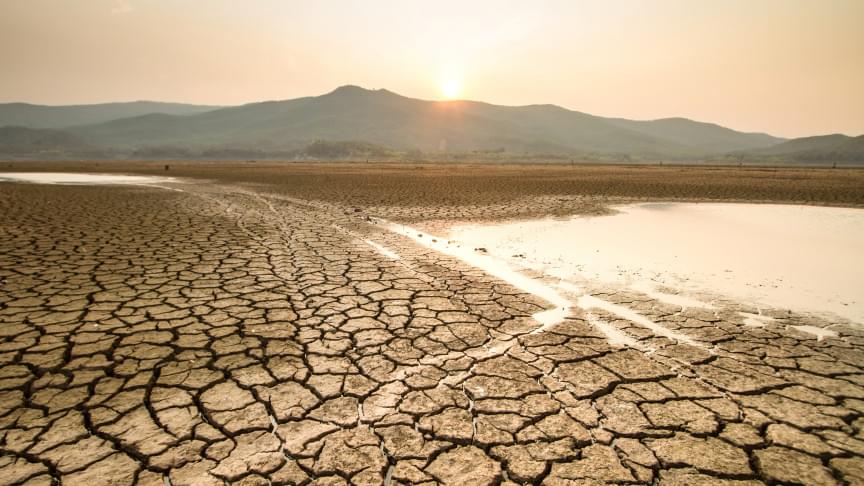

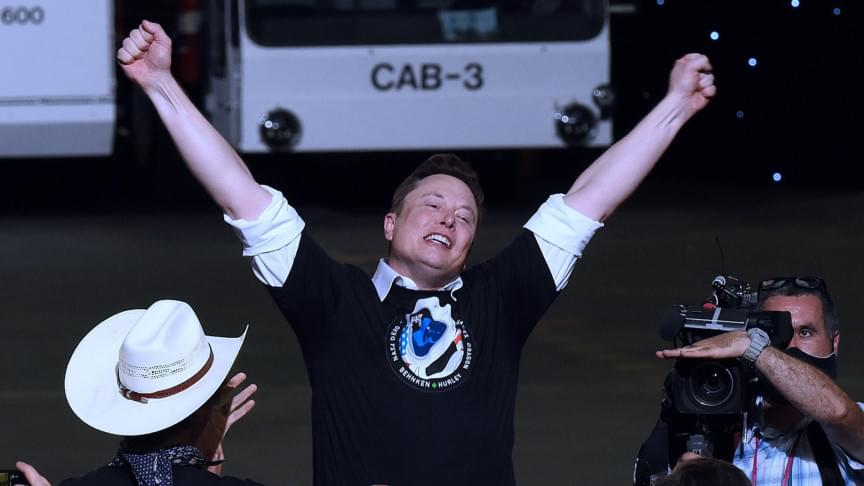

Ola S1 Electric Scooter Catches Fire In Pune, Raises Concerns On EV Safety
An Ola Electric scooter caught fire while parked at the roadside in Pune, Maharashtra. In an unverified tweet posted on March 26, an Ola electric scooter could be seen in plumes of smoke, which ultimately led to the scooter catching fire. As per the tweet, it could be an Ola S1 or Ola S1 Pro scooter.
“We’re in constant touch with the customer who is absolutely safe,” said the startup. “Vehicle safety is of paramount importance at Ola and we are committed to the highest quality standards in our products. We take this incident seriously and will take appropriate action and share more in the coming days,” Ola said.
Blood Test #2 in 2022: Supplements, Cardiovascular Fitness Metrics (HRV, RHR)
Join us on Patreon!
https://www.patreon.com/MichaelLustgartenPhD
Levine’s Biological age calculator is embedded as an Excel file in this link from my website:
Papers referenced in the video:
Inter-and intra-individual variability in daily resting heart rate and its associations with age, sex, sleep, BMI, and time of year: Retrospective, longitudinal cohort study of 92,457 adults.
https://pubmed.ncbi.nlm.nih.gov/32023264/
Heart rate variability with photoplethysmography in 8 million individuals: a cross-sectional study.
https://pubmed.ncbi.nlm.nih.gov/33328029/

Italian scientists hacked pizza physics to make dough without yeast
Ernesto Di Maio is severely allergic to the yeast in leavened foods. “I have to go somewhere and hide because I will be fully covered with bumps and bubbles on the whole body,” he says. “It’s really brutal.”
Di Maio is a materials scientist at the University of Naples Federico II where he studies the formation of bubbles in polymers like polyurethane. He’s had to swear off bread and pizza, which can make outings in Italy a touch awkward. “It’s quite hard in Naples not to eat pizza,” he explains. “People would say, ‘Don’t you like pizza? Why are you having pasta? That’s strange.’”
So Di Maio put Iaccarino and another graduate student, Pietro Avallone, to work on a project to make pizza dough without yeast. The results of this scientific and culinary experiment are published in Tuesday’s edition of Physics of Fluids. Di Maio pulled in another colleague: chemical engineer Rossana Pasquino who studies the flow of materials, everything from toothpaste to ketchup to plastics. “Pizza [dough] is a funny material,” she explains, “because it flows, but it has to be also like rubber. It has to be elastic enough [when it’s cooked] to be perfect when you eat it.” — I had to post this because I love Pizza.
Bread geeks, take note! The new technique, developed in a lab in Naples, involves the smart application of materials science and physics to make airy, bubbly dough without fermentation.

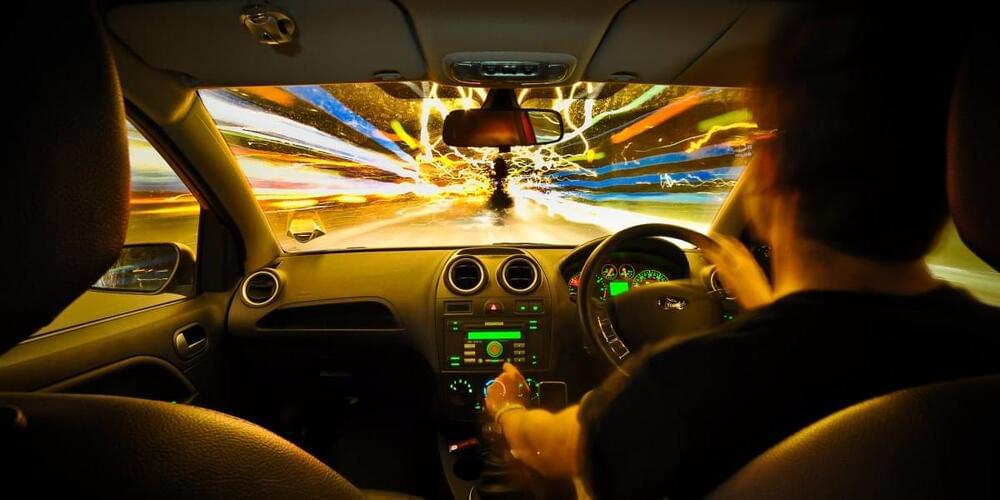
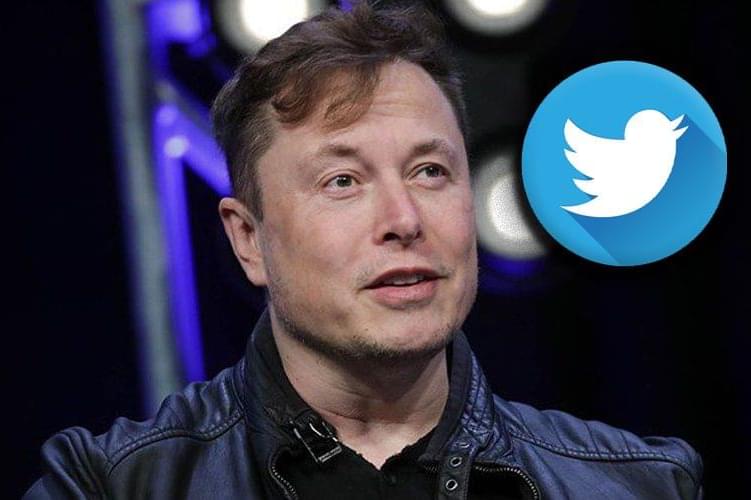
Elon Musk Spearheads Idea That People Want A Replacement For Twitter
Elon Musk is one of the revolutionary figures in the world. Almost all of his ventures, such as SpaceX, Tesla and The Boring Company, are about making a difference in their own right. Musk has been a champion for all things alternative, whether it comes to cars or currency. However, he could trigger another great replacement.